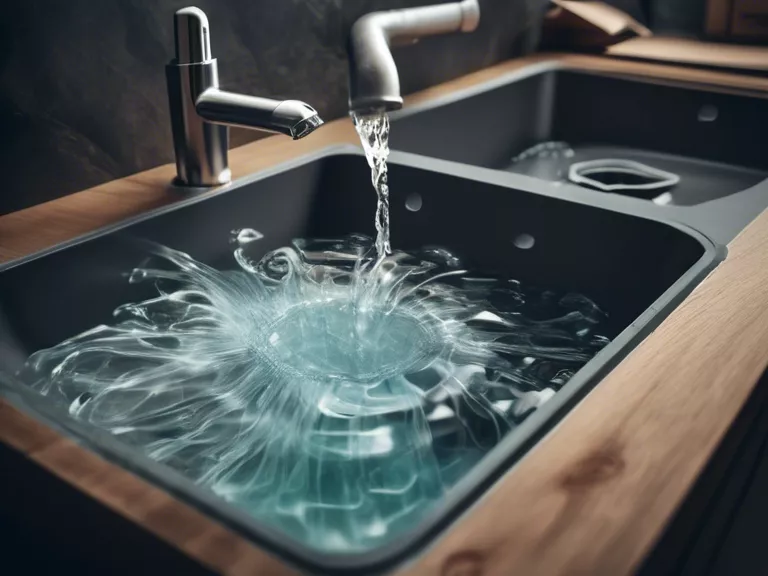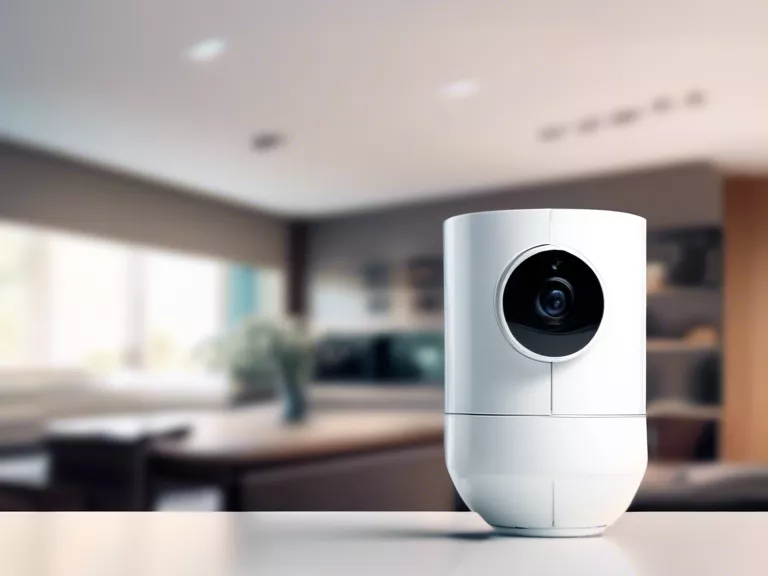
Water scarcity is a growing concern worldwide, prompting the need for more efficient water management systems. Smart water management systems play a crucial role in reducing household waste and aiding in conservation efforts. These systems utilize innovative technologies to monitor water usage, detect leaks, and provide insights for optimizing consumption. By implementing smart water management systems, households can lower their water bills, conserve precious resources, and contribute to a more sustainable future.
One key benefit of smart water management systems is their ability to detect leaks in real-time. Often, leaks go unnoticed until they result in costly water damage. With sensors and monitoring devices, these systems can identify leaks early on, allowing homeowners to take swift action and prevent wastage. By addressing leaks promptly, households can save water and reduce their environmental impact.
Furthermore, smart water management systems offer data-driven insights on water usage patterns. By analyzing consumption data, households can identify areas where water is being wasted and make informed decisions on optimizing usage. Whether it's adjusting irrigation schedules, upgrading to water-efficient fixtures, or simply being more mindful of consumption habits, these insights enable households to make meaningful changes that result in water savings.
In addition to monitoring usage, smart water management systems can also provide alerts and notifications to users. Whether it's a reminder to fix a leak, a notification of unusually high usage, or tips for reducing consumption, these systems empower households to take proactive steps towards water conservation. By promoting awareness and prompting action, smart water management systems are instrumental in fostering a culture of sustainability at the household level.
As water scarcity becomes an increasingly pressing issue, the role of smart water management systems in reducing household waste cannot be overstated. By leveraging technology to monitor usage, detect leaks, and provide valuable insights, these systems empower households to be more efficient and responsible stewards of water resources. With the potential to lower bills, conserve water, and protect the environment, smart water management systems are a key solution for addressing the challenges of water scarcity in the modern world.


